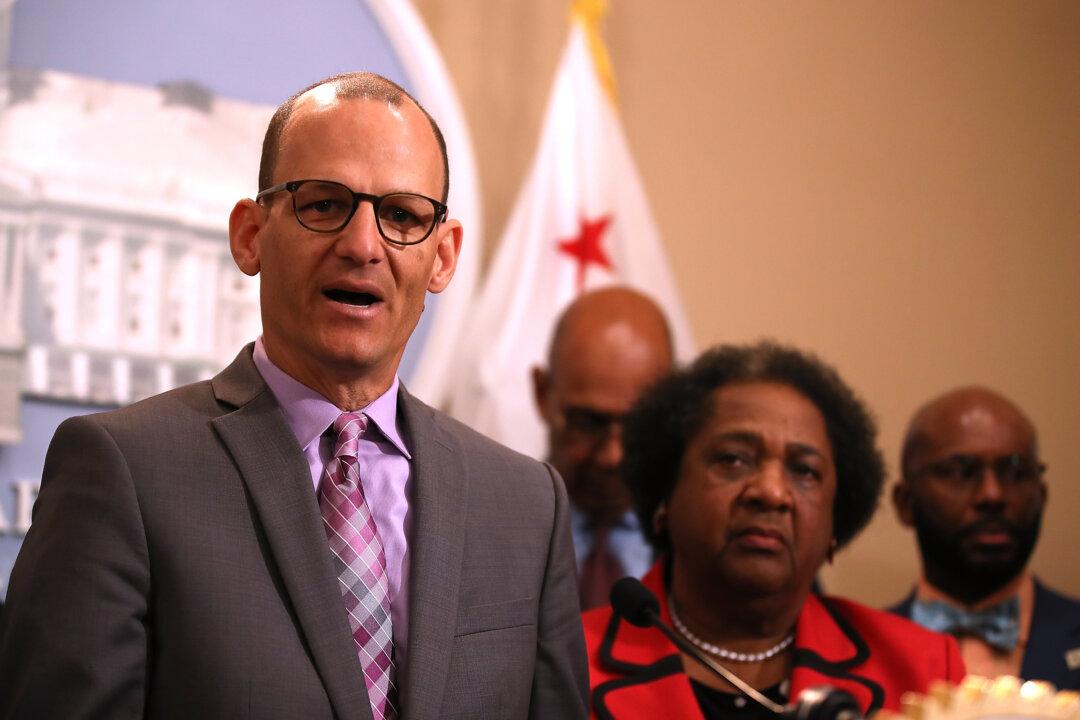Following through on recommendations made by the state’s Reparations Task Force last year, a bill that would prioritize individuals in historically disadvantaged communities for career technical education grants passed the California Assembly May 23 on a vote of 72-0.
Assembly Bill 3131, authored by Assemblyman Kevin McCarty, would give positive consideration to applicants located in historically lower-income neighborhoods.





